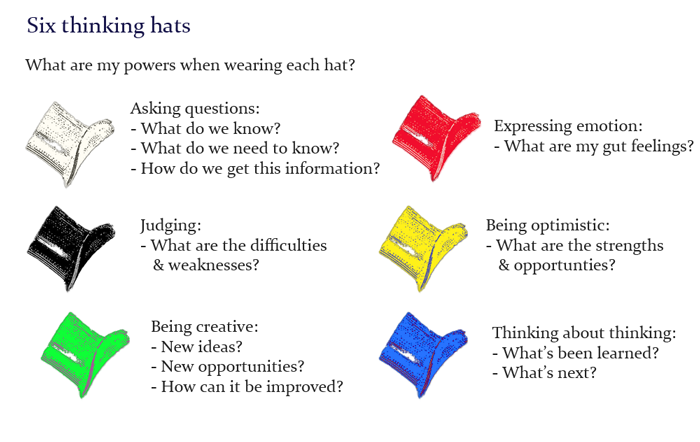On Tuesday , Sir asked us to do our own notes for this chapter and two marks will be given for out effort
Major topics that covered in this chapter
- Relationship Stages
- Relationship Theories
- The Dark Side of Interpersonal Relationships
Relationship Stages
- Contact
- First stage- where people become aware of one another's existence, perceptual (sight, smell, taste, hear, touch) and interactional contact (first point of contact) take place
- Involvement
- Second stage- people have tighter bonds and engagements with one another, testing and intensifying (amount of times or commitments you committed to one another, eg : dating, appointments ) take place
- Intimacy
- Third stage- people have deep and committed relationship with one another and relationships grow stronger, interpersonal commitment (private commitment) and social bonding(announcing to others) take place
- Deterioration
- Fourth stage- communication factors such as temporal, cultural or societal context weakens the bond with one another, intrapersonal and interpersonal dissatisfactions become apparent
- Repair
- Fifth stage- try to work things out, intrapersonal(consider changing ourselves behaviors or perhaps changing our expectations of our partner) and interpersonal(talk and discuss about the problems) repair take place

- Dissolution
- Sixth stage- bonds are broken or returned back to a platonic, interpersonal(you may not see each other anymore) and social separation(avoidance of each other and a return to being "single" , eg: divorce) take place
Relationship Theories
Attraction Theory
-similarity
-proximity
-reinforcement
-physical attractiveness and personality
Relationship Rules Theory
-friendship rules
-romantic rules
-family rules
-workplace rules
Relationship Dialectics Theory
-the tension between closedness and openness
-the tension between autonomy and connection
-the tension between novelty and predictability
Social Penetration Theory
 Social Exchange Theory
Social Exchange Theory
-individuals form relationships with one another based on whether or not it would bring benefit to them (
Rewards > Costs)
Equity Theory
-forming professional relationships (
Rewards = Costs)
The Dark Side of Interpersonal Relationships
 Jealousy
Jealousy
- Cognitive Jealousy
- Emotional Jealousy
- Behavioral Jealousy
The lecturer also gave us some suggestions for the video. He discuss with us and also teach us how to record the video that the topic have chosen by ourselves. Thank you sir and rest well :)
P/S : Sir get sick by this week





























